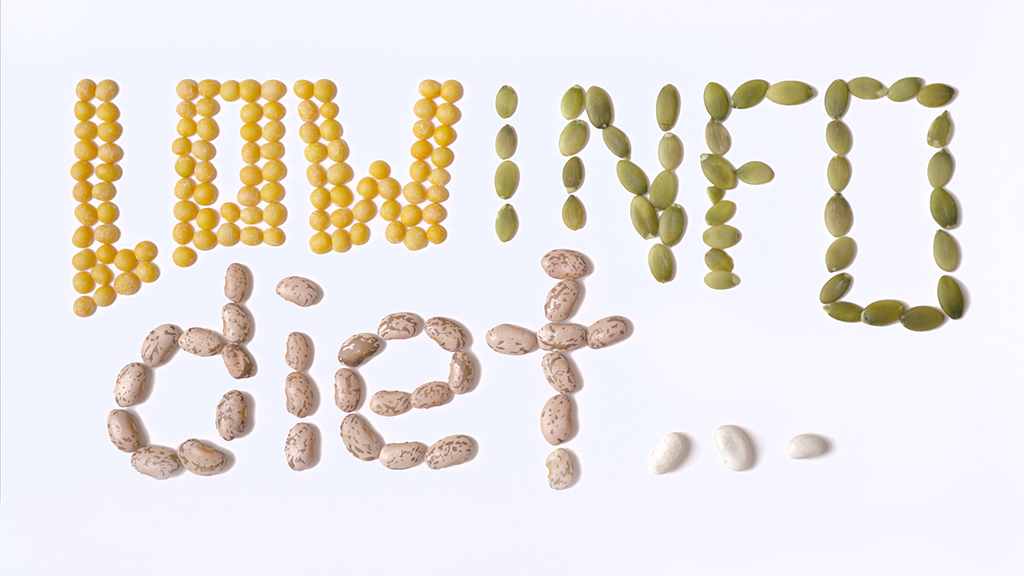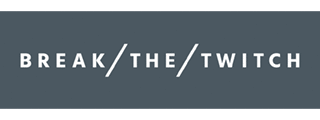
Did you know there are 600 hours of content uploaded onto YouTube every single minute?
Back when I first started my YouTube channel, that number was 50 to 100 hours of content per minute, maybe. The amount of YouTube content out there is more than you could consume in your lifetime, 100 times over. And that’s just YouTube.
In part six of This Can Help, a short series about the small habits we can do during times of greater uncertainty, I talk about the importance of a low information diet.
While I fully understand the irony of sharing this, it’s important because what we need now is less.
In the video below, I share the reasons to have a low information diet and practical ways to limit our consumption each day.
Myriad Of Content
Back in 2001, the internet wasn’t the publishing myriad of options we have at our fingertips now. The news and information we received back then were far more centralized. We didn’t have Twitter, YouTube, Medium, and other platforms where literally anybody could put his or her opinion out there.
Personally, I find myself seeking out more information, hoping to find concrete answers about the coronavirus and the latest updates. From news articles, scientific reports, TV news, YouTube to social media—there are many sources of conflicting information out there.
We need to give ourselves some space away from the constant barrage of information.
Especially during times of greater stress and uncertainty, we need to be careful about the source and credibility of what we’re consuming. We also need to consider if what’s being presented has been manipulated to appeal to our confirmation bias. A low information diet can help us create more space, awareness, and intentionality around our information consumption.
Impact From Information Overload
While it may feel tempting to pull out your smartphone to check email, get the latest news, or browse social media during those in-between moments, the barrage of information comes at a cost. You’re filling your mind with an infinite and never-ending stream of happenings across the world—most of which has little to nothing to do with your life at the moment. This pulls your mind and attention away from the present moment.
Researchers have found a correlation between a person’s mental well-being and the amount of time spent on social media. By limiting your social media consumption in a day, you can reduce the information overload and impact.
The temporary discomfort experienced from the Newsfeed Twitch will pass in moments if you simply allow the impulse to pass. If you get past the initial discomfort, you’ll likely find yourself feeling much better. After all, news networks and social media algorithms deliberately try to get as much attention as possible through negative, shocking or contentious content. While that may be good for platform use and viewership, it has a detrimental impact on our attention and mental health.
In the information-rich economy we live in today, there are major consequences for our attention. As economist and psychologist Herbert Alexander Simon said perceptively back in the 1970s, before the onset of all the media platforms that exist today, “A wealth of information creates a poverty of attention.”
Benefits of a Low Information Diet
There is greater peace and less anxiety in having a low information diet. There can also be more creative inspiration and ideas that come to you in the space that a low information diet provides.
A related benefit of having a low information diet is that it puts us in touch with our mental and emotional wellbeing. In trying times, scrolling through social media or constantly watching the news will often make you more stressed and worried about the world around you. Creating a habit of a lower information diet can help you better understand your emotional state and your true needs so you can start to better balance what’s going on internally with the outside world.
Another benefit of incorporating a low information diet is it can result in greater creativity, problem-solving, and learning. You can use the time you’d normally spend consuming information on a new hobby, reflecting upon something, or simply being present. When you allow yourself space to be bored and unoccupied, you may be surprised at the creativity and problem-solving that you suddenly may find yourself doing. Having a low information diet creates more space for boredom and the benefits that can provide.
Another Way Forward
Luckily there are lots of ways we can introduce more of a low information diet in our lives. Through turning off notifications, deleting apps, and other forms of intentional friction, we can create more space and reduce distractions in our lives. Instead of the time you’d spend consuming more information, you can intentionally choose to break the Newsfeed Twitch.
There are other options you could do instead of pulling out your phone and scrolling. You could take a walk, meditate, nap, journal, draw, make something, or connect with family or friends. Embracing a low information diet is about taking time for yourself without the infinite distractions and stimulation that digital devices provide. There’s no pressure to it; you can do it whenever you start to feel overwhelmed, fatigued, or overstimulated.
Strategies For A Low Information Diet
Select an idea below to experiment with, so you can begin to find a balance that works best for you.
- Identify moments during the day when you’re most susceptible to the Newsfeed Twitch. Consider ways to increase intentional friction, so you’re less likely to browse.
- Try out these specific strategies to manage the Newsfeed Twitch to see which ones may be helpful.
- Create a no-phone rule during a specific timeframe such as dinnertime or in the hour before bedtime.
- Have Saturday or Sunday be a no-screens day to spend time outdoors or with family and friends.
- Subscribe to a few (not too many) news summary emails from trustworthy, reputable sources instead of getting your news across social media platforms, networks, and websites.
- Unsubscribe from unnecessary marketing or news emails that are no longer relevant or adding value to your life.
- Put your phone away out of sight during the workday.
- Acknowledge that sometimes you need a break, and there’s nothing wrong with that.
- Take up a hobby and put your phone away if you don’t need it during the timeframe.
- Keep your notifications off when spending time with family, friends, or any other social setting.
It’s good to be informed, but there’s a point when more information just isn’t helpful.
The next and final one in the This Can Help series is One Healthy Food.
